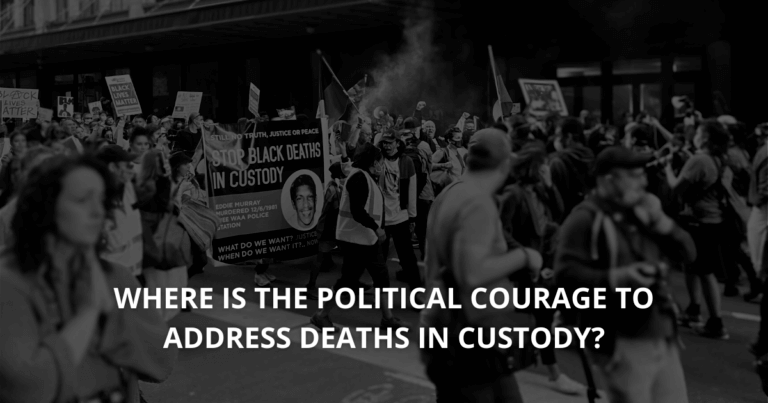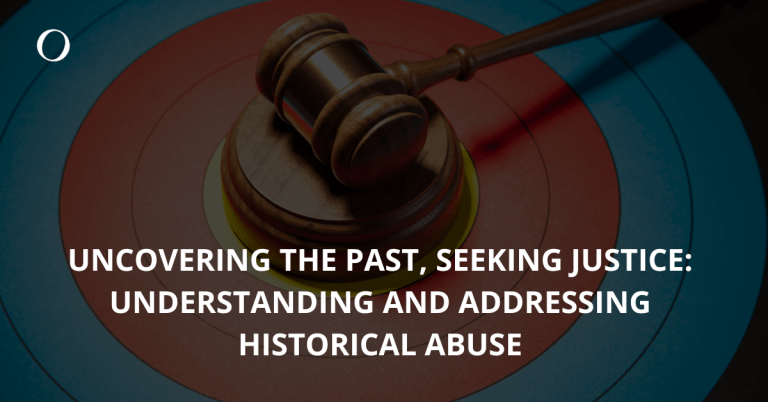MEDIA RELEASE – 13/06/2019
 On 13 March 2018 on its Sunrise Breakfast program, Channel Seven broadcasted a segment with the title, “Aboriginal Adoption, Proposal for White Families Should Take in Abused Kids”.
On 13 March 2018 on its Sunrise Breakfast program, Channel Seven broadcasted a segment with the title, “Aboriginal Adoption, Proposal for White Families Should Take in Abused Kids”.
The segment, headed by host Samantha Armytage, was widely condemned and provoked passionate protests for its lack of Aboriginal voices, the tone of the discussion and panellist Prue MacSween suggesting a second stolen generation.
The segment featured background footage of Aboriginal people, including children, from the community of Yirrkala on the East Coast of the Gove Peninsula in the Northern Territory.
A number of people featured in that footage are now suing Channel 7 for defamation, breaches of the Racial Discrimination Act, Breaches of Confidence, Breaches of Privacy and Breaches of Australian Consumer Law.
On 12 June 2019 in the Federal Court Channel 7 attempted to argue that the Statement of Claim should be struck out before trial. The arguments put forward by 7 were wholly unsuccessful.
While Justice Rares accepted that Channel 7 may have some valid arguments he was generally of the view that these arguments should be made at trial and they were not so compelling as to warrant the Statement of Claim being struck out. “The whole idea of this court running defamation matters is to get to the heart of things” he said.
In relation to an argument that the complainants had not provided particulars of identification the court noted that NT Aboriginal Communities are extremely integrated, everyone knows everyone and their neighbours. Identification could be inferred.
Channel 7 then attempted to say that the ordinary reasonable person would not “shun and avoid” a person because that person had been subject to abuse. The court noted that this was not necessarily so and that while the ordinary reasonable person would be sympathetic there was also the possibility they may shun and avoid a traumatised person because that person may be manifesting psychological problems rooted in trauma.
Channel 7 then attempted to argue that breach of confidence did not arise as the complainants had not specified what it was they said was confidential. The court noted that the complainants stated that they had given permission for people to film them on their land for a specific purpose, being Aboriginal health. And now they say it was used by Channel 7 for a completely different purpose not agreed by them, and this could be seen as a breach of confidence. It was noted that no information had yet been provided as to how Channel 7 came to be in possession of the footage in the first place.
Channel 7 then attempted to argue that a Breach of Privacy action could not succeed. Justice Rares noted that while there was no case where that action had succeeded in Australia it was not a foreclosed question and it was an issue that could be properly argued at trial.
Finally Channel 7 argued that the complaints pursuant to Australian Consumer Law be struck out. The court noted that it was arguable that Channel 7 had used random footage of Aboriginal people who were totally unrelated to the story for ruthless commercial purposes and this was capable of being classed as unconscionable.
Peter O’Brien, principal solicitor of O’Brien Criminal & Civil Solicitors said, “I’m very satisfied with the result. We are ready and eager for trial.”





